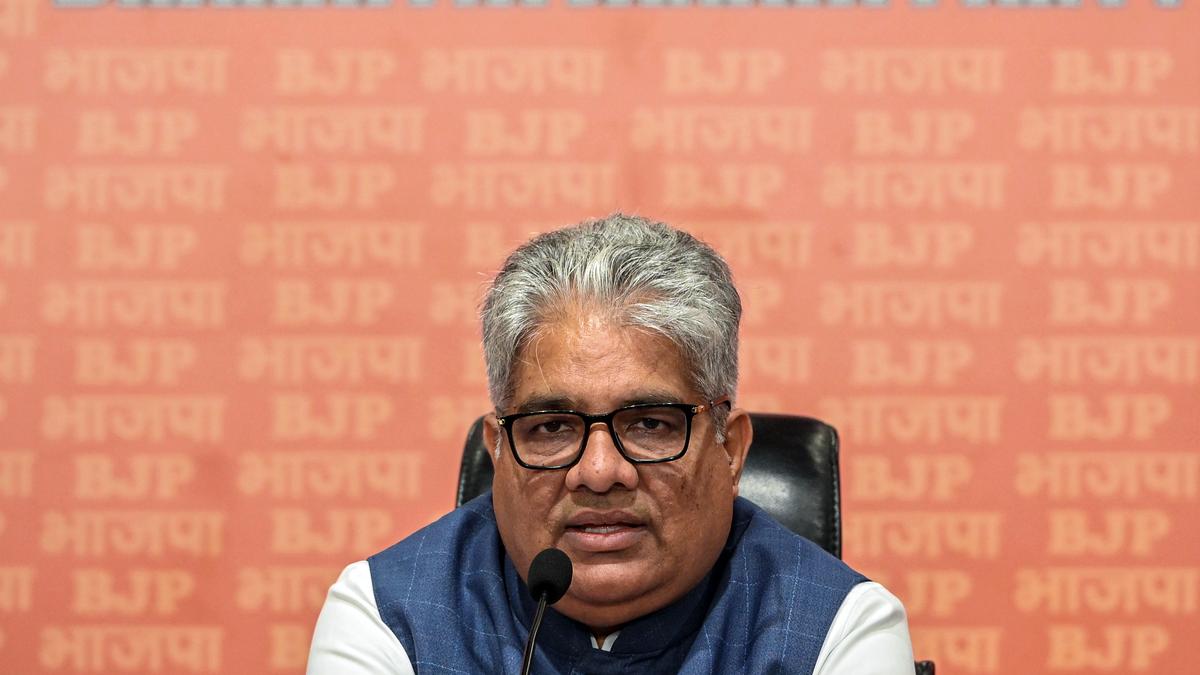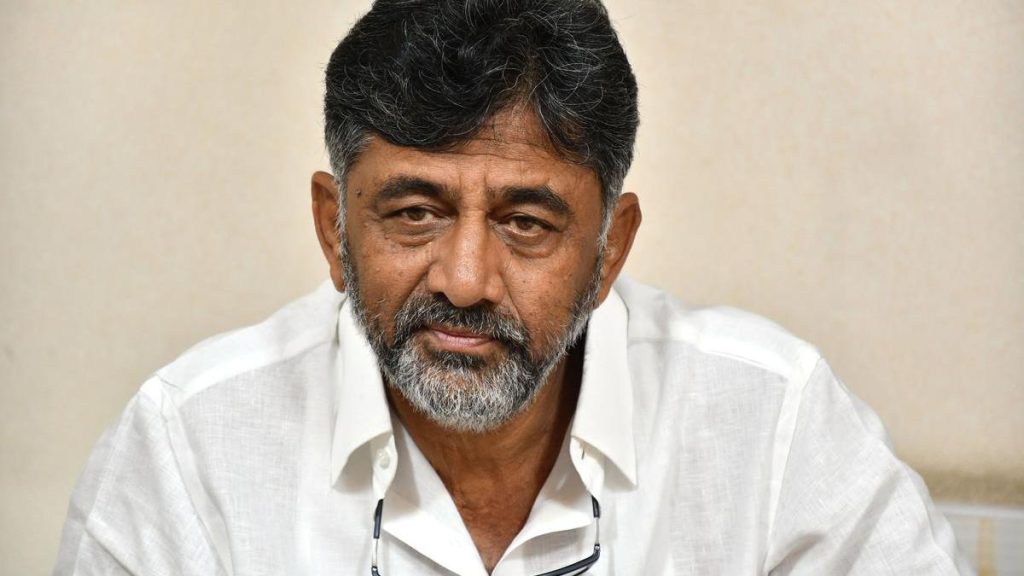Now Reading: Great Nicobar Project: Environment Minister Yadav Criticizes Congress for ‘Negative Politics
-
01
Great Nicobar Project: Environment Minister Yadav Criticizes Congress for ‘Negative Politics
Great Nicobar Project: Environment Minister Yadav Criticizes Congress for ‘Negative Politics

Quick Summary:
- Union Habitat Minister Bhupender Yadav criticized Congress for opposing the ₹72,000 crore Great Nicobar infrastructure project, accusing it of “negative politics.”
- Mr. Yadav stated that the project is vital for india’s national security adn strategic connectivity in the indian Ocean Region.
- He emphasized that only 1.78% of Great Nicobar’s forest area will be impacted, ensuring policies respecting indigenous tribes and ecological management are followed.
- congress Parliamentary Party chairperson Sonia Gandhi argued against the project, terming it a “planned misadventure” threatening indigenous communities like the Shompen and Nicobarese tribes as well as unique ecosystems. she cited forced displacements as a major concern.
- Mr. Yadav refuted these claims, stressing compensatory afforestation efforts and urging balanced progress between ecology and economy.
Indian Opinion Analysis:
The debate surrounding the Great Nicobar infrastructure project highlights critical tensions between development priorities and environmental/ecological concerns. The government’s rationale centers on national security imperatives while promising minimal ecological disruption (less than 2% impact) with compensatory measures taken elsewhere across India. On the other hand, opposition arguments emphasize irreversible impacts on tribal communities’ livelihoods along with ecosystem vulnerability to natural disasters.
The competing perspectives suggest an urgent need for transparent consultations with all stakeholders-tribal representatives, ecological experts, and policymakers-to ensure balanced decision-making aligned with long-term sustainability goals while supporting strategic interests critically important to India’s maritime presence.
Read more: Source






















